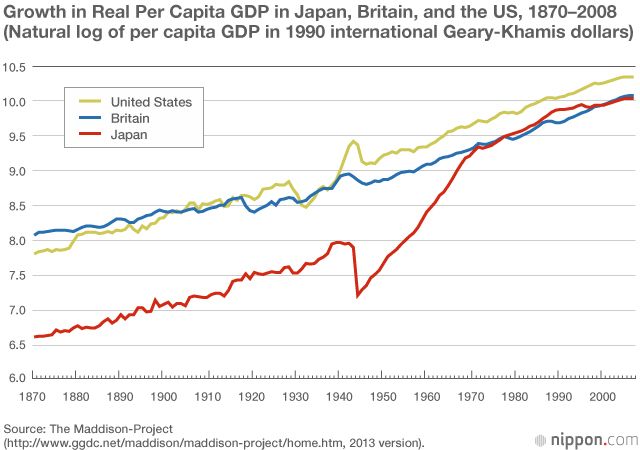In small part, it benefited from the Marshal Plan.
In large part, it is a direct result of the recovery of funds hidden by Bormann's policy of Flight Capital.
Flight Capital is the process of transferring money offshore for a variety of reasons. In this case, anticipating a possible loss of the war, Bormann actively moves RHSA funds offshore for later recovery and instructs companies aligned with the Nazi agenda to do likewise.
According to the U.S. Treasury, Bormann set up 750 shell companies starting just after the Wannsee Conference and ending before the fall of Berlin specifically for this purpose. In 1943, the Roman Catholic Church establishes the most corrupt banking institution in the world - I.O.R., aka Vatican Bank - to handle aggressive 'contributions' to the Faith during the war effort. And Swiss bankers are not ones to ask from whence your deposit comes. NSDAP/AO and the Roman Catholic Church has prepared fertile grounds and friendly governments across Europe and South America prepared for a possible Nazi expansion and/or Diaspora depending on how the war went. Hitler's Pope, Pius XII, has long established friendship with Franco and Opus Dei in Spain, Peron in Argentina, and Hitler reported to Eugenio Pacelli when he served as Papal Nuncio in Munich and Hitler was working as an informer for the army (according to the recollections of Pacelli's housekeeper).
When the German army's 6-week gambit into Russia hit a brick wall named Zhukov - the Nazi's game changed and became a series of conditional 'what ifs'. The army was left to hold the fronts and advance if possible while the madman in charge screamed 'no retreat!'. The Party accelerated RSHA's mandate to suck the cash out of Europe. And the SS juiced their Pogrom to a nightmarish and industrial scale during which Eichmann kept the trains running on time by speaking in Hebrew and talking the Rebbes into walking their people onto the trains themselves.
Bormann referred to I.G. Farben's
Hermann Schmitz as the master of financial camouflage and was Gehaimrat to Bormann and the Party in what we now call Money Laundering. Schmitz was an early party member and a True Believer.
Max Ilgner's N.W.7. within I.G. Farben was already providing Nazi Germany with details of all foreign countries war making capability and was a leader in industrial espionage in Western countries. (my favorite is Standard Oil sold Schmitz Tetraethyl Lead in bulk through shell companies in neutral countries, and a contract for TetraEthyl Lead was handed to a refinery owned by an I.G. Farben shell company who had the contract from the U.S. Government. The Nazis were handed what it would have taken them years to research and amass on their own)
With several hundred overseas locations, a superior internal banking facility, established ties and a common border to the Swiss banking infrastructure, and an established infrastructure fully capable of waging cladestine operations in far away lands; how it was done is not so hard to imagine. I.G. Farben is not the only beneficiary of this policy, but they are the ones who paved the way for the rest to follow. When the Nazis walked the Ratlines to safety, the money was there waiting for them.
During the mid-fifties the West was looking at an increasingly hostile Stalin (at least according to Reinhard Gehlen, and when did he ever lie - I mean tell the truth?) and were eager to get Germany back on her feet as a buffer state. Therefore, eyes were turned from Germany and South America for the 'greater good' and the money flowed back into Germany. Stroessner shuts down Paraguay as an inviolable homeland for the refugees and openly flies the Swastika in the German Embassy. And the myth of the Wirtshaftswunder was born. Thereafter, the Nazis hiding openly in South America simply became legend rather than an open fact unless some blind Jew who sees more than most drops a dime on someone like Eichmann.
I am still appalled, some crimes cannot be forgiven. And the ritual murder of the Hasidism and their Rebbes stands at the top of the list.
Regardless. Not exactly the same thing.


